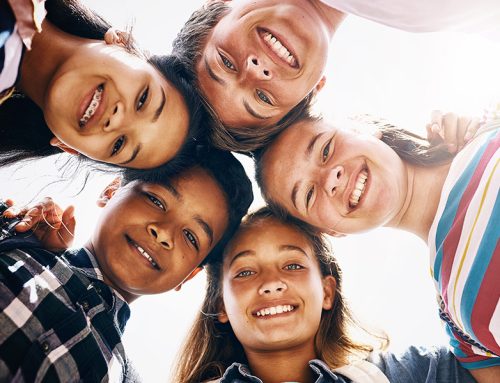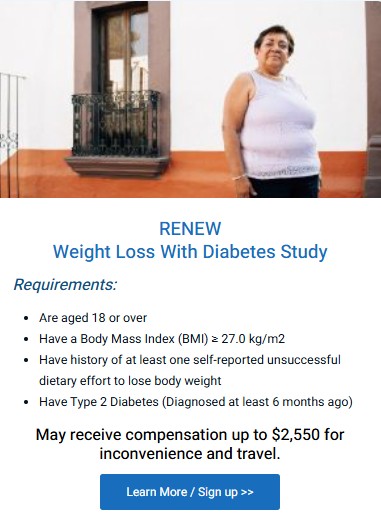
RSV in Older Adults: Are You At Risk?
Did you know that in the U.S., (RSV) Respiratory Syncytial Virus infection occurs primarily in the fall and winter months? Its very similar to the cold or flu with more and more cases are happening in the summer and spring.
What is RSV?
RSV is a common virus that causes acute respiratory tract illnesses. While we typically hear of it occurring mostly in small children and babies, adults also can get RSV. For some adults, it can cause serious complications that may lead to a stay in the hospital.
How does RSV Spread?
RSV is spread through contact with droplets from the nose and throat of infected people when they cough and sneeze.
- You have direct contact with the virus, like kissing the face of a child with RSV
- Direct contact with the virus, like kissing the face of someone who is infected.
- An infected person coughs or sneezes
- You get virus droplets from a cough or sneeze in your eyes, nose, or mouth
In Severe Cases:
RSV Infection can spread to the lower respiratory tract and cause pneumonia. Inflammation of the small airway passages entering into the lungs. Some symptoms include:
- Severe cough
- Rapid breathing or difficulty breathing
- Bluish color of the skin due to lack of oxygen
A person infected with RSV is usually contagious for about 3-8 days.
Who Is Most at Risk of RSV?
Since our immune systems get weaker as we age, older adults are at greater risk than younger adults. Those at the highest risk for severe RSV infection are:
- Older adults, especially those 65 years and older
- Adults with chronic heart or lung disease
- Adults with weakened immune systems.
When to see a doctor?
In adults, most symptoms are mild and include cold-like symptoms.
You should seek immediate medical attention if anyone at risk of severe RSV infection has difficulty breathing, blue color on the skin, lips, and nail beds.
Are there complications?
Complications of the respiratory syncytial virus include:
- Hospitalization – Severe RSV infection may require hospital stay to be monitored by doctors and treat any breathing problems.
- Middle ear infection – Germs may enter the space behind the eardrum. This frequently happens in babies and young children
- Pneumonia – RSV infection is the most common cause of inflammation of the lungs (pneumonia) or the lungs’ airways (bronchiolitis) in infants. Usually caused when the virus spreads to the lower respiratory tract.
- Repeated Infections – Once you’ve had RSV you could get infected again. However, symptoms usually aren’t as severe – it will show typically in the form of a common cold but can be serious in older adults over the age of 60 or people with lung or heart disease.
In some cases, an RSV infection may disappear on its own within a week or so, and symptoms could be managed by getting the person to drink lots of water, getting lots of rest, and taking acetaminophen or ibuprofen.
If you or someone you are caring for has a high fever, difficulty breathing, dehydration, or if you see symptoms begin to worsen, you should call your primary care provider.
How do I know if it’s RSV or COVID-19?
Respiratory syncytial virus and the virus that causes COVID-19 are both considered respiratory illnesses and can cause very similar symptoms. If you or a loved one is experiencing any of these symptoms or you suspect that you have RSV or COVID-19, you should seek attention from your home care provider and get tested right away.
Palm Beach Research is currently conducting a clinical research study for RSV in older adults aged 60+ and up. We are looking for participants to join a clinical study to help find a vaccine to prevent RSV in older adults.
Volunteers are compensated for time and travel. To learn more about this clinical trial and join, you can visit our website and see if you pre-qualify to join this trial. Go to: PalmBeachResearch.com.
Related Posts
Subscribe to Hear About New Trials First
Subscribe to Hear About New Trials First
Subscribe to our newsletter by adding your email and keep up to date with the new studies we are offering as well as study results and more.








